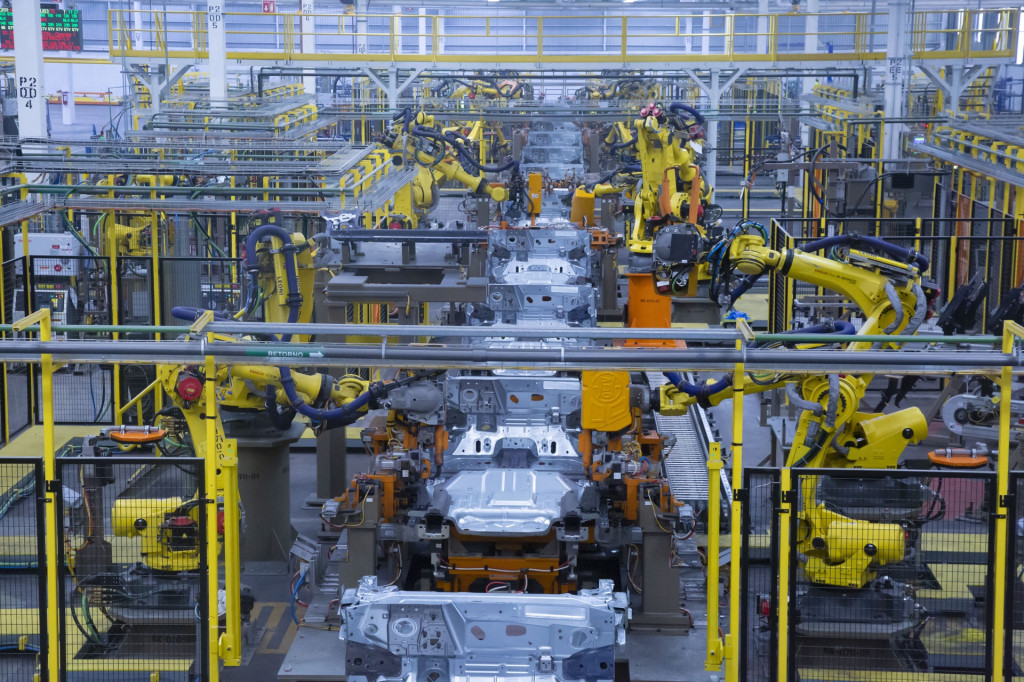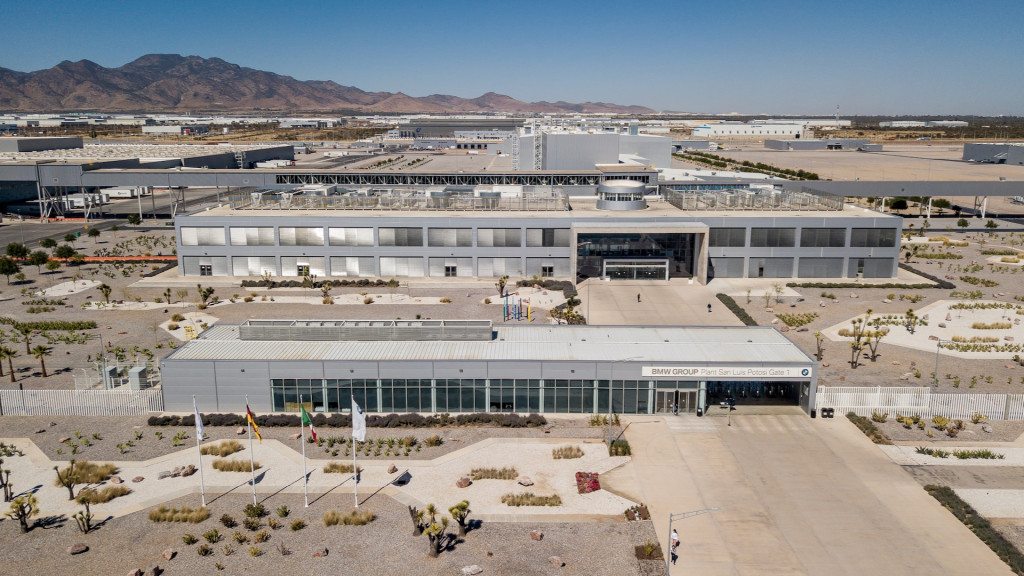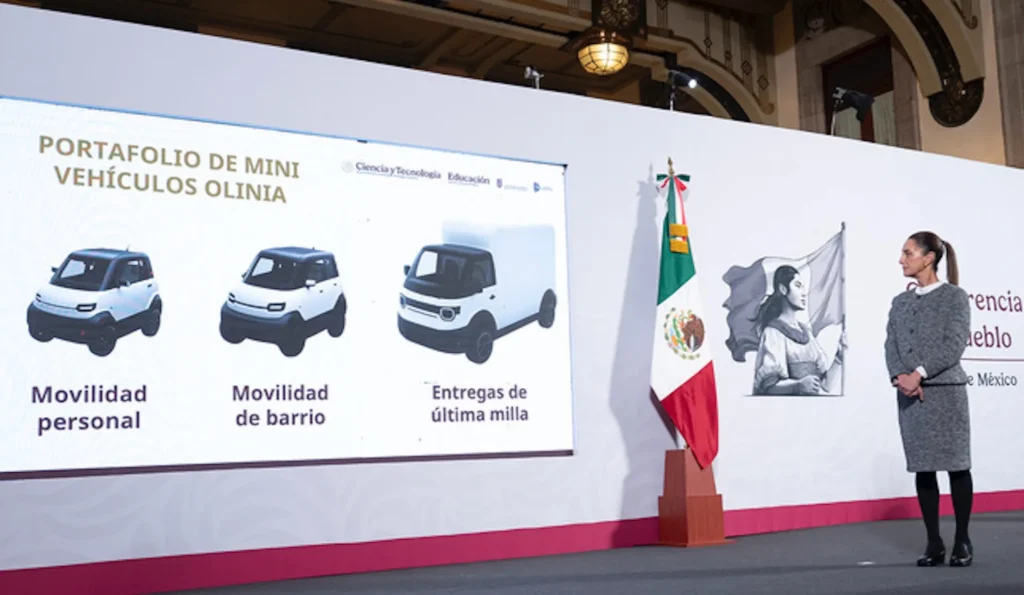Amidst the Trump Administration’s firm stance on imposing tariffs on Mexican imports, the Mexican government is moving forward with its initiative to develop affordable electric vehicles.
The project, named “Olinia,” which translates to “movement” in the indigenous Nahuatl language, was unveiled last October. President Claudia Sheinbaum recently disclosed more details about the project.
According to the Financial Times, the objective is to create an “ultra-compact” electric car that will be designed and manufactured in Mexico. The anticipated price range for the vehicle is between 90,000-150,000 pesos, approximately $4,400 to $7,300 based on current exchange rates.
Efforts will be focused on simplicity and compactness. The Olinia EV is planned to be rechargeable using a standard household socket, resembling more of an appliance than a traditional car. This approach aims to bypass the challenges associated with public charging infrastructure, a hurdle for EV adoption not only in Mexico but also in the United States.
Unlike conventional electric vehicles, the Olinia may compete with small motorbikes commonly used for short trips or as taxis in lower-income neighborhoods. In essence, it could be viewed as an electric modernization of the Tata Nano, a cost-effective gasoline car developed for the Indian market as a safer alternative to two-wheeled transportation.
The Olinia is anticipated to rival entry-level EVs from India and China. The Financial Times reports that one out of every five vehicles sold in Mexico in 2023 was manufactured in China, indicating that while Mexico produces a significant number of vehicles, most are exported. Although the project has a modest budget of 25 million pesos (around $1.2 million), the feasibility of producing the Olinia at a substantial scale remains uncertain.

Ford Mustang Mach-E assembly – Mexico
On the other hand, President Trump is anticipated to implement a stringent tariff strategy that was discussed during the 2024 presidential campaign. This includes a proposed 100% tariff on cars manufactured in Mexico by Chinese brands, regardless of whether they are electric vehicles. Additionally, there is a commitment to penalize companies that relocate jobs to Mexico or heavily rely on Mexican-based suppliers. While numerous analysts and industry experts predict that such policies could elevate new car prices for U.S. consumers, the actual implementation remains speculative.
In a report by Ward’s Intelligence in November, it was projected that tariff adjustments with Mexico could impact nearly 3 million vehicles annually, including some of the most affordable models entering the U.S. market. With indications suggesting a potential 25% tariff imposition by the administration, Mexico is likely to experience a reduction in economic leverage, necessitating the development of additional strategies to support its manufacturing sector.

BMW Group Plant San Luis Potosí in Mexico

